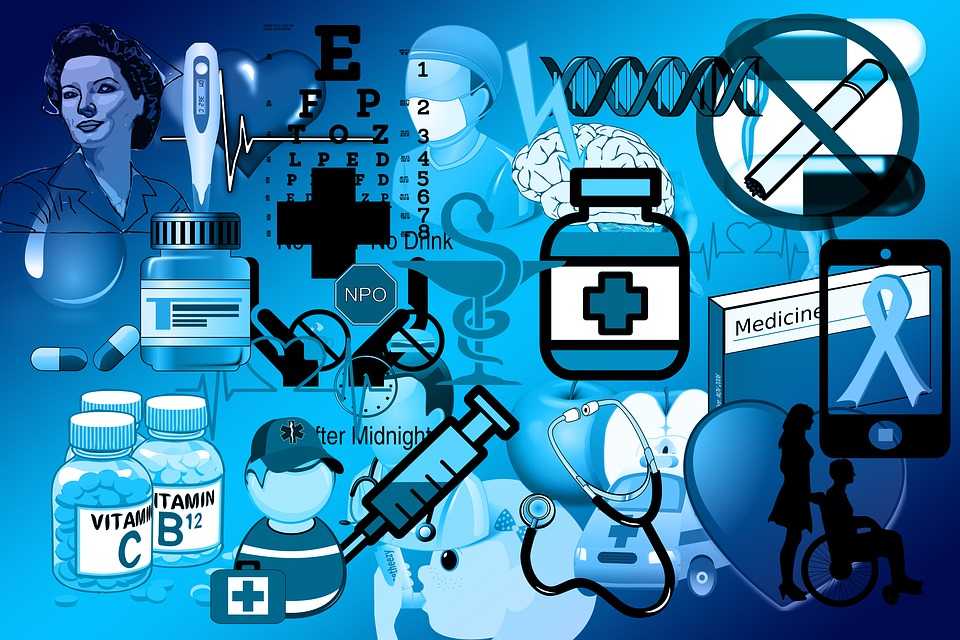Everybody Needs Regular Health Checks!
The concept of preventive health care has gained considerable significance over the past two decades. In earlier days, a visit to a doctor or a hospital was only when one was unwell and had a health related problem.
But with the tremendous rise in the number of patients suffering from lifestyle associated diseases, the realisation has come that some of these conditions need to be identified early and tackled in the initial stage, to prevent complications. As preventive health checks offer a way to help early identification of illnesses, early screening for these diseases has become necessary and benefits both the general and specific targeted population.
Major Non Communicable Diseases
Among the major non-communicable diseases – hypertension and Type 2 diabetes mellitus commonly present without any significant symptoms, especially in the early stages and are very often detected incidentally only during a regular check. These conditions also act as additional risk factors for ischemic heart disease predisposing to heart attacks and for cerebrovascular diseases which can cause strokes. Quite a few other illnesses are also detected during simple screening tests and these may include:
- Mild anaemia (which may be asymptomatic)
- Early kidney and liver diseases – Especially fatty liver or NASH – which refers to non-alcoholic steatohepatitis
- Dyslipidaemia or deranged lipid levels
- Urinary abnormalities
- Lung diseases etc.
In most of these situations, abnormalities can only be identified by testing for the same and need to be clinically correlated with a patient’s condition.
What Health Checks Evaluate
Most health checks offer a comprehensive list of investigations which cover basic tests as well. These include the following tests:
- Complete haemogram – for anaemia and other abnormalities of white blood cells and platelets
- Fasting and post prandial blood glucose check with HbAIc (glycosylated haemoglobin) which detects the trend of blood sugar over the past three months
- Lipid profile – for identifying the lipid abnormalities in the blood
- Serum creatinine – an index of the functioning of the kidneys
- Complete liver function tests (LFT) including the protein levels in the body, urine examination (for protein, glucose and microscopy)
- A thyroid screening test – For TSH (thyroid stimulating hormone)
- Imaging tests – It includes a chest x-ray and an ultrasound of the abdomen, which can probe liver and spleen enlargement, gall bladder pathology, kidney disorders including kidney stones, bladder abnormalities, pelvic organ abnormalities
- A resting electrocardiogram (ECG) and an Echocardiography (ECHO) for either structural or valvular abnormalities
- Tread Mill Test (TMT) for functional assessment of heart function
- Bone densitometry/DXA scans – It is conducted for patients with suspected osteoporosis, especially in post-menopausal women and it may help plan treatment to prevent fractures
- For female patients, a gynaecological evaluation with a screening PAP smear test is also recommended
Cancer Screening Test
Cancer screening tests may be necessary both for early diagnosis of suspected malignancy in select patients or only for screening purposes. This includes:
- Mammography for women above 35 years of age especially with a strong family history of breast cancer
- Screening for PSA (prostate specific antigen) in males and gastroenterology referral for colonoscopy for people with strong family history of colonic malignancies
Why Follow-ups Are Necessary
A preliminary detailed consultation with the physician and a follow-up with the available reports usually helps patient to understand the implications of the test results and the further follow-up is important, as additional tests are suggested based on the patient’s clinical assessment as necessary.
In addition to the tests detailed above, patients with specific conditions should undergo regular follow-up checks. For example, a diabetic patient needs to meet his/her doctor at least once in two-three months with the relevant investigations. Patients with cardiac illnesses need regular follow-ups with their cardiologist at least once in three-six months.
Benefits Of Regular Health Checks
Most people above the age of 35 years should get a health check to identify their risks of developing any chronic conditions. Most companies have incorporated these health checks on an annual basis for the wellness of their employees. Once the health check is able to identify the risks involved, a detailed counselling regarding modifications in diet, stress control measures and physical activity is conducted and the patient is counselled regarding lifestyle changes.
The saying ‘prevention is better than cure’ has even more relevance when it comes to our health and wellness in this current era of lifestyle diseases and screening for these conditions helps to control the huge burden of noncommunicable diseases worldwide. So schedule an appointment with your doctor at the earliest and plan your health check according to your requirement.
